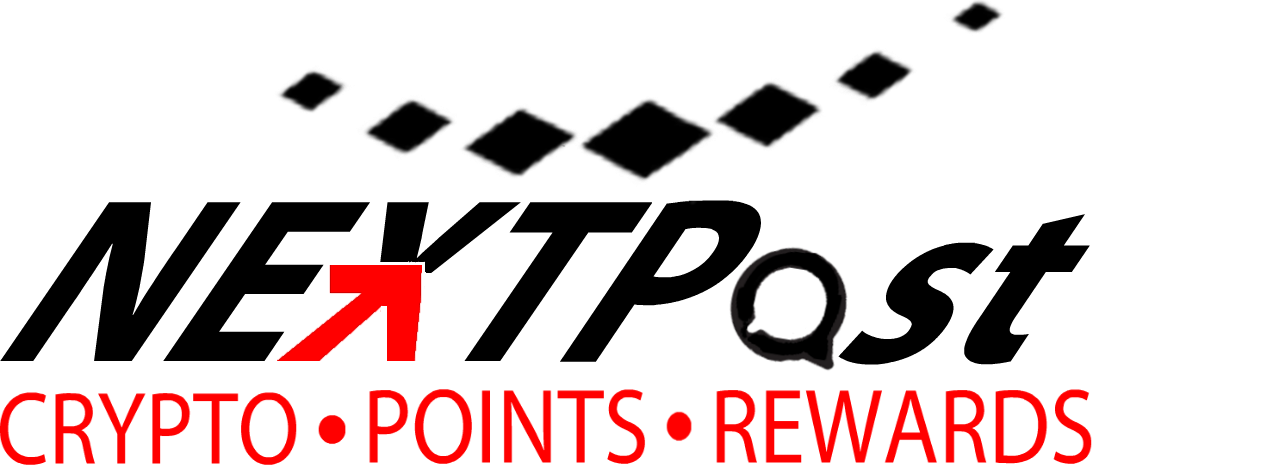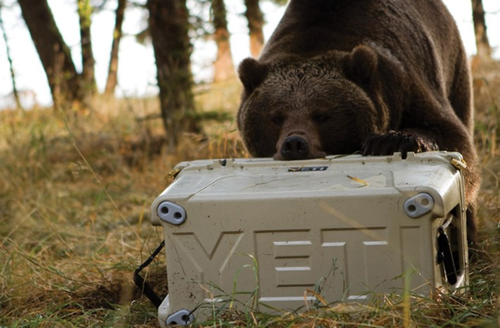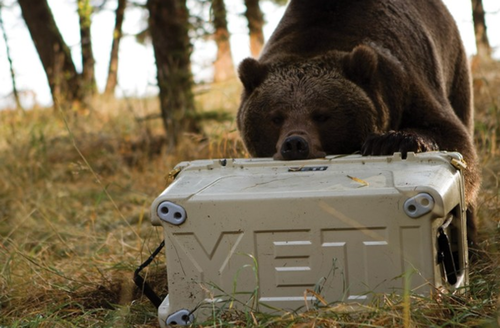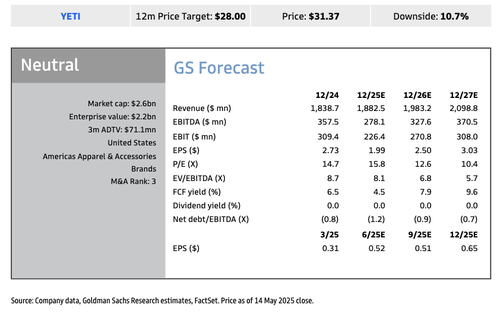Trump’s Trade War Lit A Fire Under YETI Coolers
Our previous supply chain analysis revealed a list of major US brands that remained heavily exposed to China. The ongoing trade war has lit a fire under U.S. management teams, accelerating efforts to shift production—either through friend-shoring or reshoring—as it appears likely that some level of tariffs on Chinese goods will remain through the second half of the year.
The latest U.S. company highlighting its China exposure is drinkware brand YETI, which disclosed at an investor conference this week that shifting production out of China has become a top priority.
Goldman analysts Brooke Roach, Evan Dorschner, and others wrote in a note on Thursday about the top takeaways from their visit to YETI’s headquarters in Austin, Texas, for an investor meeting.
Roach said their conversations with management revolved around :
-
U.S. growth;
-
Drinkware;
-
Product innovation and portfolio extension;
-
Supply chain transformation and tariffs;
-
International expansion
On US growth, the drinkware business, and the innovation pipeline, the analyst summarized their conversations with management:
-
U.S. growth opportunity: YETI continues to see immense growth opportunity in its core U.S. market. Within this, management expects growth to be driven by three components: (1) Stoking brand heat; (2) Continuing to build out the product portfolio; and (3) Expanding the depth of their channels. On product, management’s tone was especially positive on the bags category as a driver, but they also highlighted continued extensions of their core hard cooler and drinkware portfolios through new form factors, use cases, sizes, and other diversification.
-
Drinkware: While drinkware remains an area of pressure for the business overall given headwinds in specific SKUs, the company continues to see growth opportunity for the category as a result of innovation and new form factors. Management sounded particularly constructive on improving upon core products (such as stackable products vs. original items in the same family), as well as ceramic coated drinkware items and the upcoming sports jug launch. The food and cooking categories are also an area of opportunity, with management noting that several recent launches (food storage and bowls) were top requested items from ambassadors and customers. The company also pointed out its historical ability to weather other drinkware cycles in the past. Looking ahead, the company remains focused on driving relevancy in the core through innovation, though SKU productivity remains a key priority as well.
-
Approach to innovation: The company is accelerating its innovation pipeline, with plans to launch 30 products this year and sustain the faster pace of innovation recently reached, while simultaneously building brand stories around new product launches. YETI discussed its approach to innovation, noting they have dedicated senior leaders who focus on each of their core growth opportunities: (1) softgoods; (2) C&E, and (3) food and beverage. The company highlighted that its current product portfolio provides opportunities for significant expansion in the shoulder areas of where they currently play, with products having connections to the core brand. Importantly, all products must have durability, performance, and design as core principles, as well as offer relevance to the consumer in multiple aspects of their life. YETI is thus focused on broader use cases outside of core outdoor categories (i.e. bags and backpacks rather than just the subcategory of hydration bags). Management noted several new innovations are on the horizon, including a broader rollout of their small soft coolers / lunchbag category and additional SKUs in the backpack category.
Here’s where analysts and YETI management discussed tariffs, sourcing, and international strategy.
The key takeaway: tariff pressures have accelerated YETI’s supply chain shift out of China, with production increasingly moving to Thailand, Malaysia, and other Southeast Asian countries equipped with full-scale manufacturing capabilities.
-
Tariff commentary: YETI highlighted tariff disruption did drive the company to rework its product development process, driving a faster innovation cycle and speed to market. The company noted that the tariff impact will depend on timing of purchases and capitalization of inventory on the balance sheet (with constraints focused on new launches with production in China), but that it can recapture a lot of the pressures as they continue to diversify and optimize their supply chain.
-
Sourcing: Shifting production out of China remains a key priority for YETI. The company clarified that its top partners have been building manufacturing facilities in Thailand and Malaysia which are now ramping. Beyond this, tertiary partners are also shifting production outside of China but are in earlier stages of the transition, with factories set to open in SE Asia. Net, the company expects to have four key partners and five factory facilities outside of China in their first wave of diversification which leverages existing suppliers. Importantly, management noted these facilities have full manufacturing capabilities (not just finishing and testing), are efficient (strong labor force / robotics capabilities), and have competitive costing to China sourcing (following initial start-up inefficiencies).
-
International: Management reiterated the Australian and Canadian markets continue to perform well overall, and struck a constructive tone regarding the company’s potential in the UK. Germany is also a high-potential market but is in earlier stages of scaling compared to the UK. YETI also highlighted the whitespace it has in Asia which is largely an untapped market for the company.
Roach has a “Neutral” rating on YETI shares with a 12-month price target of $28.
On Tuesday, Aaron Jagdfeld, CEO of Generac Holdings, appeared on Bloomberg Television to discuss the company’s long-term strategy to reduce reliance on Chinese supply chains. He outlined that Generac has been reducing its supply chain exposure to China since President Trump’s first term and will reduce its 10% exposure to 5% in 18 months.
Seattle, Washington-based Wyze Labs, a popular seller on Amazon of smart home and wireless camera products, revealed on X earlier this month that their “first tariff bill” has “accelerated” efforts to leave China in two months, with serious consideration of restoring supply chains in the United States.
Trump’s tariff shock is working. It has always been about pressuring corporate America to detach from cheap China supply chains and either friend-shore or re-shore.
. . .
Just a reminder…
In Hot Water: YETI Bars Conservative Group from Customizing Cups https://t.co/1EGUoSSiY1
— zerohedge (@zerohedge) March 28, 2025
Tyler Durden
Fri, 05/16/2025 – 15:00



